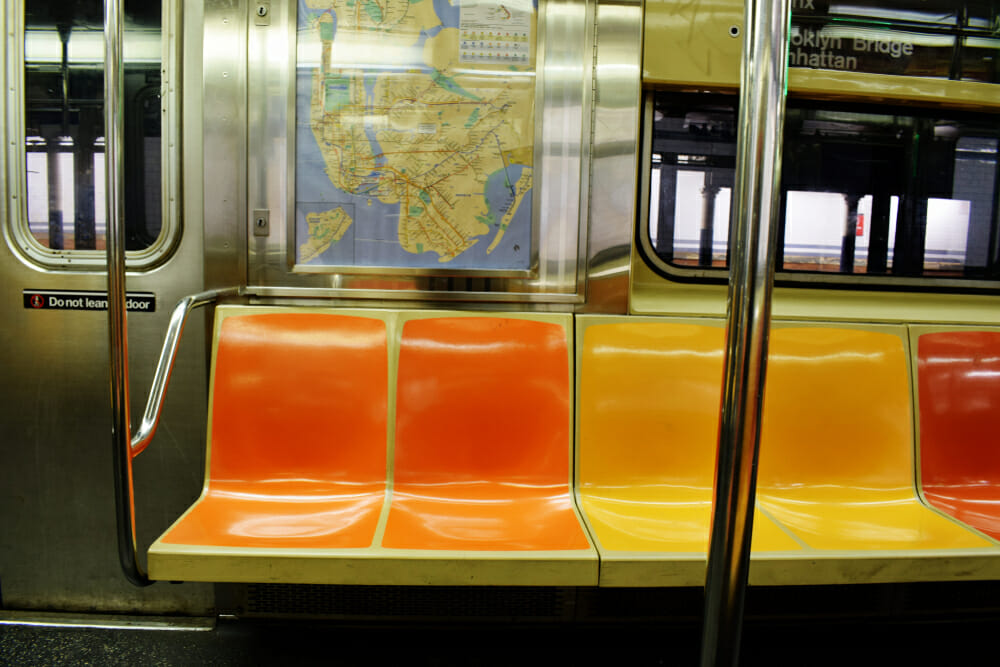When a municipality such as the City of New York or one of its entities, agencies, or authorities is named a defendant in a personal injury action, special procedural requirements apply. Specifically, the 50-H hearing gives the City an opportunity to ask you a series of questions about the accident and your injuries — before a lawsuit is even filed. Also referred to as a “statutory hearing,” a 50-H hearing is conducted under oath and is similar to a deposition. While the primary purpose of this hearing is to provide the City with information about your injury claim prior to litigation, the testimony taken can also be used at trial.
The Notice of Claim Requirement
It’s important to understand that before you can file a lawsuit against the City — or one of its agencies, entities, or authorities — you must serve a Notice of Claim on the party within 90 days of the accident. This document advises the City that a claim may be brought against them. Service of the Notice of Claim also starts the clock on the 90-day time frame in which the City must request a 50-H hearing.
What Kinds of Claims Require a 50-H Hearing?
Under NY General Municipal Law § 50-H, a Notice of Claim and statutory hearing is required for any lawsuit that will be brought against a city, county, town, village, school district, fire district, or ambulance district. Examples of common claims that may require a 50-H hearing can include:
- Slip and falls in the subway
- Trip and falls at city-owned bus stops
- Police misconduct cases
- Car crashes involving vehicles owned by the city
- Escalator accidents at MTA stations
- Motor vehicle accidents caused by road defects
Other lawsuits that require a Notice of Claim and 50-H hearing are those commenced against the Department of Transportation (DOT), the Transit Authority, the Department of Sanitation, the Housing Authority, and various other agencies.
What Happens at a 50-H Hearing?
If the City or one of its agencies demands a 50-H hearing, it must be conducted within 90 days of its receipt of a Notice of Claim — and it is necessary for you to comply with the request. Failure to appear at a 50-H hearing can jeopardize your right to pursue a claim against the City. However, if it is not held within the applicable time period (unless an adjournment was requested by the claimant), the lawsuit can be commenced without the hearing.
50-H hearings are not held in court. Rather, they usually take place in the office of an attorney or court reporter. Although these hearings are not as extensive as depositions, you may be asked questions about how the accident happened, the injuries you sustained, the type of treatment you have received, and your daily limitations. After the hearing, the City has 30 days to make a settlement offer.
A good personal injury lawyer will ensure you are well-prepared for the hearing and discuss the kinds of questions you can expect, based on the circumstances surrounding your accident. They can also advise you regarding any settlement offer that’s been made — and fight for your right to obtain the maximum compensation you deserve, whether through negotiations or by bringing your case to trial.
Contact an Experienced New York Personal Injury Lawyer
If you sustained injuries in an accident that was caused by the City’s negligence, it’s critical to have an attorney on your side who knows how to handle these types of claims. The experienced personal injury lawyers at The Edelsteins, Faegenburg & Brown LLP are committed to obtaining the best possible results for clients in even the most complex personal injury cases filed against the City or its agencies.
The Edelsteins, Faegenburg & Brown LLP is a personal injury law firm dedicated to fighting for the rights of accident victims to ensure they get the monetary recovery they deserve for their injuries. Located in Manhattan, our firm has been handling personal injury cases throughout New York City since 1937. Call to schedule a free consultation at (212) 425-1999 today.

